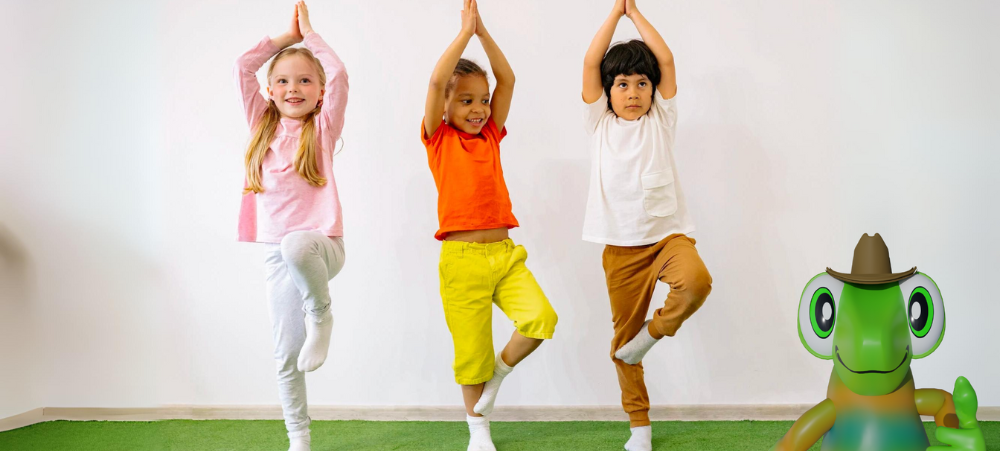As parents and caregivers, recognising the signs of mental health struggles in children is crucial to providing the right support. Mental health awareness is not only about understanding common conditions like anxiety or depression but also knowing how to approach, communicate with, and support a child who might be experiencing emotional difficulties. Here’s how to spot the signs and offer the help kids need to thrive emotionally and mentally.
Recognising Mental Health Struggles in Kids
Children, especially young ones, may not have the words to describe how they’re feeling. As such, recognising the signs of mental health issues can be tricky. But with awareness and attentiveness, parents can often notice early warning signs. Here are a few behaviours to watch for:
1. Changes in Mood or Behaviour
Children are known for their mood swings, but when these shifts become more persistent, it may signal a deeper issue. Kids dealing with depression or anxiety may become withdrawn, irritable, or display unusual mood swings. They might seem sad, angry, or excessively worried about things that don’t seem to bother others their age.
2. Difficulty with School or Social Interactions
If your child is struggling to perform in school or having trouble interacting with peers, it could be a sign of underlying anxiety or depression. A once-social child may begin withdrawing from friends or exhibiting signs of low self-esteem, while academic performance may decline due to a lack of focus or overwhelming emotions.
3. Physical Complaints
Physical symptoms like stomachaches, headaches, or frequent complaints of being tired can sometimes be linked to mental health struggles. Children with anxiety or depression may report these symptoms without any underlying medical cause. If medical tests don’t reveal a physical problem, it’s essential to consider emotional and mental factors.
4. Changes in Sleep and Appetite
Like adults, kids can experience disruptions in their sleep patterns when struggling emotionally. They might have trouble falling asleep, wake up frequently, or sleep excessively. Similarly, changes in appetite—eating too little or overeating—can also be signs of emotional distress.
5. Engaging in Risky or Harmful Behaviour
Sometimes children may act out in dangerous ways, including self-harm, substance use, or acting aggressively toward others. These behaviours are serious red flags that may indicate the child is struggling with mental health issues and needs immediate professional support.
Offering Support and Helping Your Child Cope
Once parents identify potential mental health concerns, the next step is offering support. Here are some ways to help your child:
1. Create a Safe and Open Environment
The foundation for supporting your child’s mental health is an environment of trust and openness. Let your child know it’s okay to feel upset or confused and that you’re there to listen without judgment. Encouraging them to express their feelings in a safe space can be incredibly healing.
2. Encourage Healthy Coping Strategies
Help your child develop coping skills, such as journaling, exercising, or practicing mindfulness. Teaching your child healthy outlets for stress, like deep breathing exercises, can help them manage emotions constructively.
3. Seek Professional Help When Necessary
If your child’s symptoms persist or worsen, it’s essential to seek professional help. A paediatrician, therapist, or counsellor can work with your child to develop effective coping mechanisms. Cognitive-behavioural therapy (CBT) has been shown to be effective in helping kids manage anxiety and depression (American Psychological Association). Medication may also be appropriate in some cases, especially if mental health struggles are severe.
4. Maintain a Routine
Children thrive on routine and structure. Establishing a daily routine that includes time for schoolwork, play, meals, and sleep can provide a sense of stability. Predictable schedules can help reduce anxiety and promote a sense of safety.
5. Promote Physical Activity and Healthy Lifestyle Choices
Physical activity has a positive impact on mental health. Encourage your child to engage in sports, dance, or even simple outdoor play. Healthy eating and sufficient sleep are also crucial components of mental well-being.
6. Educate Yourself and Your Child
As a parent, it’s important to educate yourself about mental health. Understanding what your child is going through can help you provide better support. Teaching your child about mental health, coping mechanisms, and resilience empowers them to take charge of their emotional well-being.
Why Mental Health Awareness is Important for Kids
Raising awareness of mental health is crucial for children’s development, as it helps reduce stigma and encourages early intervention. According to the National Institute of Mental Health, half of all mental health disorders begin by age 14, making it vital to identify and address these issues early. When kids feel understood and supported, they are more likely to develop resilience and healthier coping mechanisms, setting the foundation for a lifetime of emotional well-being.
Conclusion
Mental health is just as important as physical health, and being aware of the signs and symptoms of emotional distress in children can make a world of difference. Through open communication, support, and professional guidance when necessary, parents can play a vital role in nurturing their children’s mental health. By prioritising mental wellness and offering the right tools for coping, families can foster resilience, strengthen their bond, and help children grow into emotionally healthy individuals.
Sources:
- American Psychological Association, “Cognitive Behavioral Therapy”
- National Institute of Mental Health, “Mental Illness”
- Child Mind Institute, “Signs of Depression and Anxiety in Children”
targeted toward Parents.
We understand that there are many aspects that encompass a Mother, Father or Child and strive toward providing resources and services that accommodates
this.
Our content is aimed to inform and educate families on issues starting from
pregnancy through to the challenges of the teen-age years.
- Building a Reading Habit: Books That Kids Actually Love - October 17, 2025
- Dealing With Mom Guilt: Tips to Let Go - October 17, 2025
- Simple Daily Routines That Reduce Stress for Parents - October 16, 2025





